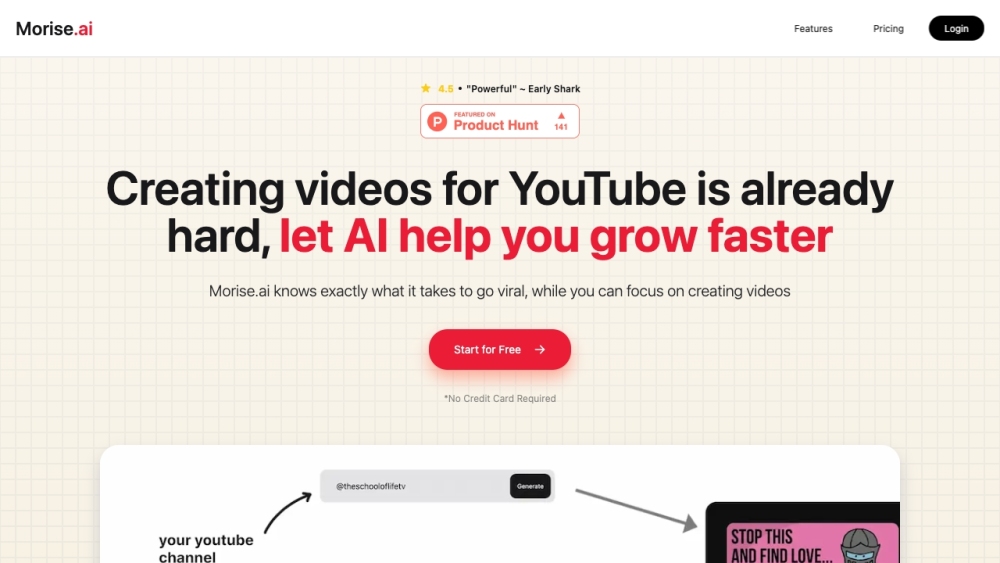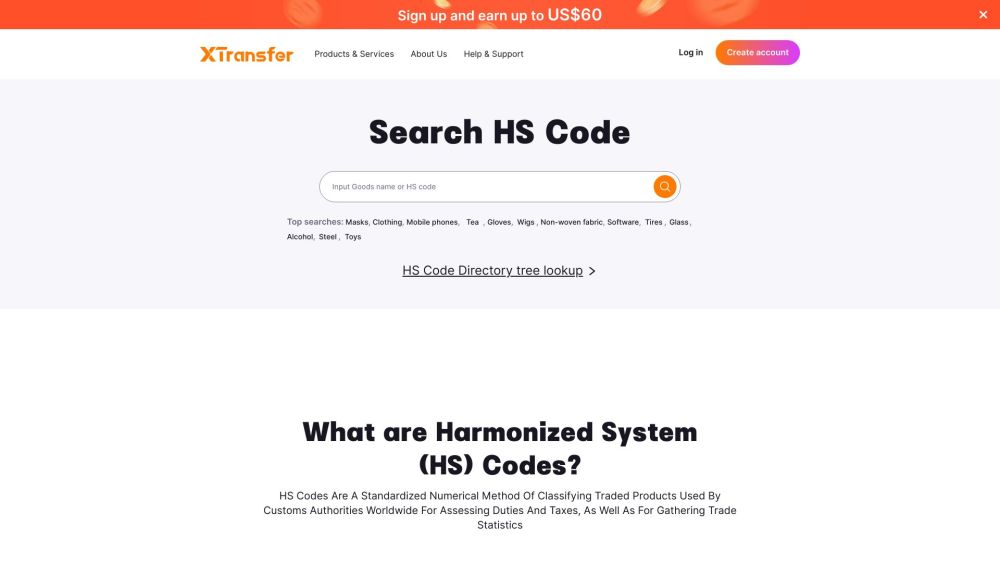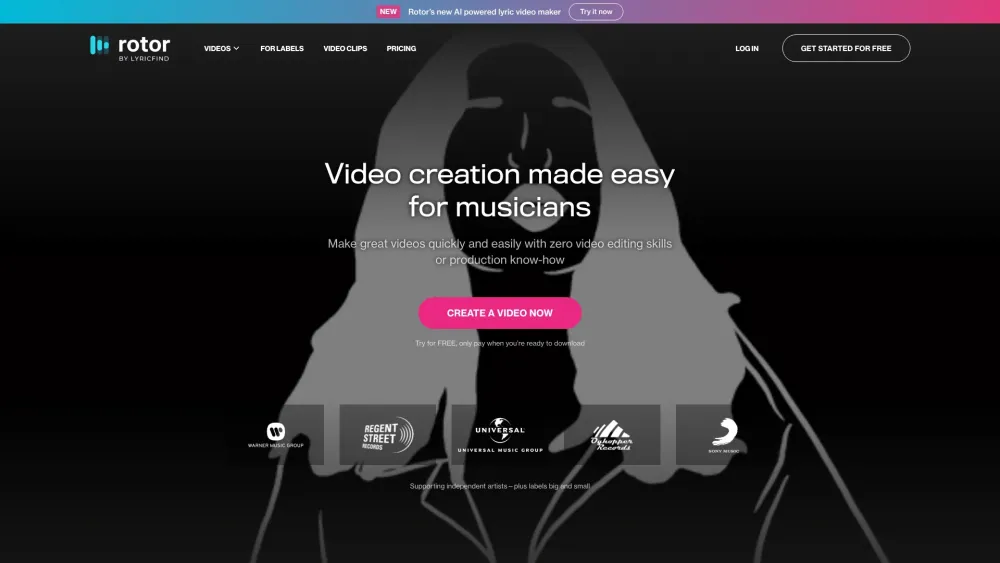Today, OpenAI announced a significant upgrade to its web-based chatbot, ChatGPT: the introduction of persistent memory.
Initially available to a select group of users on the free tier and the paid ChatGPT Plus subscription ($20/month), this new feature enables ChatGPT to remember information provided by users, allowing it to recall these details in future, unrelated chat sessions.
This marks a departure from ChatGPT's previous functionality, where it only retained information during a single chat session. Once the session ended, ChatGPT would start anew, unless users had set custom instructions in their settings.
With the persistent memory feature, ChatGPT aims to streamline user interactions by eliminating the need to repeat information across sessions. However, the rollout will start with select free and Plus users to assess impact, with plans to extend the capability to Teams and Enterprise subscribers later.
This enhancement comes as competition in the AI assistant market intensifies. Recently, Google rebranded its AI chatbot and introduced its advanced Gemini model under a new paid plan, further stimulating the sector.
What to Expect from ChatGPT's Memory?
In a blog post, OpenAI outlined that the memory-enabled ChatGPT will gradually accumulate details from user interactions. If users want to ensure specific information is remembered, they can simply ask the assistant to "remember this" and provide the necessary details.
All retained information will be stored in users' accounts and utilized to improve future conversations. This capability can be particularly beneficial for both work and personal projects. For example, users can instruct ChatGPT to remember their preferred article formatting, programming languages, or data visualization preferences, eliminating the need for repetitive requests.
OpenAI has indicated that memories generated by free and Plus users may be used for model training, similar to other content. However, users can opt for a temporary chat mode that will not be recorded, created, or used for training purposes.
While memory will be enabled by default, users can disable it in the Personalization settings of ChatGPT. Additionally, they can manage memories, deleting specific entries or instructing the assistant to forget certain information during conversations.
ChatGPT Memory Controls: Focus on Safety and Future Rollout
Integrating memory functions is poised to enhance user experience for work and personal projects. OpenAI is committed to taking an unbiased approach to determine which information should be retained. The company is actively working to assess and mitigate biases, ensuring sensitive information—such as health details—is not retained unless specifically requested.
As OpenAI tests this feature with free and Plus users, a broader rollout for Teams and Enterprise users is expected soon, with assurances that their memories will also be excluded from training data.
In this expanded rollout, businesses creating GPTs will have the option to incorporate memory into their services, facilitating more personalized customer interactions based on past conversations. Each GPT will maintain its distinct memory related to user engagement with ChatGPT.
For example, "The Books GPT can remember your favorite genres and top books, tailoring its recommendations without requiring repeated inputs," OpenAI explained.





